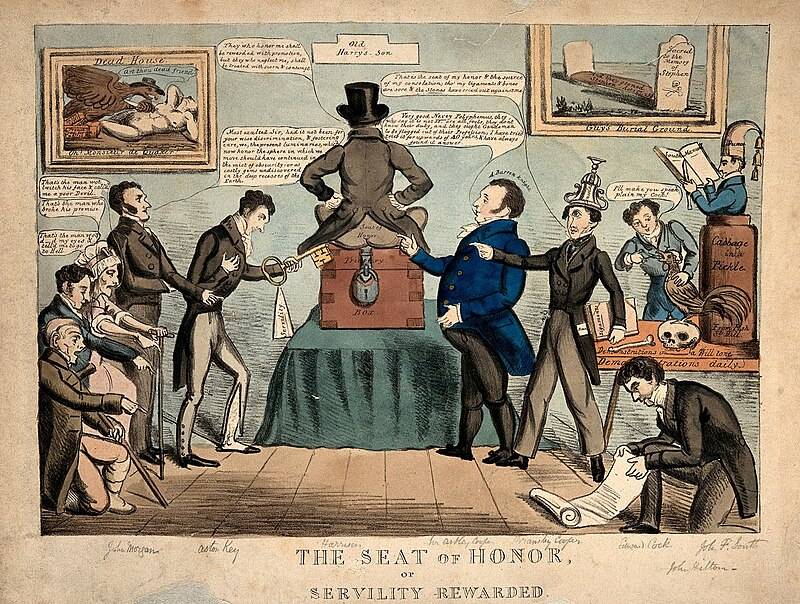In the realm of politics, accountability is a fleeting concept. Meet Vice President Alex, a charismatic leader who prior to the previous election campaigns, championed the mantra of good leadership and the act of "Taking Responsibilityâ€.
The Art Of Selective Accountability
After winning power, when a popular policy yields success, Vice president Alex is quick to claim ownership, touting it as a personal victory. The media and portion of the public lap up the story, and Alex's approval ratings soar. However, when the same policy faces criticism or fails to deliver, Alex and his communicator masterfully shifts the blame onto others – opponents, predecessors, or even unforeseen circumstances.
Alex's signature move is to create a diversion, often by introducing a new, attention-grabbing initiative. This clever tactic distracts from the failures and disappointments, allowing Alex to maintain a veneer of infallibility. Critics are left struggling to keep up with the ever-changing narrative.
The Consequences Of Convenient Accountability
As Vice President Alex's tenure progresses and gradually coming to an end, this same man is coming back to the people begging them to make him president. He has forgotten, or didn’t even know that voters have completely lost trust in him.
The constant shifting of responsibility and lack of genuine accountability erode faith in Alex’s leadership. The opposition has therefore seized on these vulnerabilities, to launch attacks that resonate with an increasingly disillusioned electorate.
A Cautionary Tale:
In the end, Alex's house of cards collapses under the weight of unfulfilled promises and broken trust. The once-loyal supporters realize that true leadership demands ownership of both successes and failures.
The legacy of Alex serves as a reminder: genuine accountability is the cornerstone of effective leadership, and selective responsibility is a recipe for disaster.
What Is Convenient Accountability
Convenient accountability in governance refers to the selective and self-serving approach to accountability, where individuals or government:
1. Claim credit for successes and accomplishments.
2. Distance themselves from failures, mistakes, or controversies.
3. Shift blame onto others, circumstances, or external factors.
4. Downplay or ignore their own role in failures.
5. Use spin, misinformation, or diversionary tactics to avoid scrutiny.
Convenient Accountability Is Often Characterized By:
1. Lack of transparency
2. Evasion of responsibility
3. Selective disclosure
4. Blame-shifting, etc.
This approach undermines trust, credibility, and legitimacy, ultimately eroding the public's confidence in institutions and leaders.
Examples:
1. Politicians taking credit for economic growth but blaming opponents for economic downturns.
2. Corporate executives praising themselves for profits but attributing losses to market conditions.
2. Leaders praising their team's successes but criticizing individual members for failures.
Genuine Accountability, On The Other Hand, Involves:
1. Owning mistakes and failures
2. Taking responsibility for actions
3. Being transparent and honest
4. Learning from errors
5. Making amends when necessary
Convenient accountability is not accountability at all; it's a self-serving strategy that prioritizes image over integrity.




No comments yet
Be the first to share your thoughts!